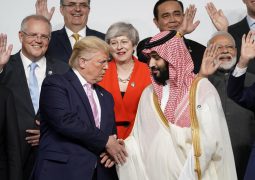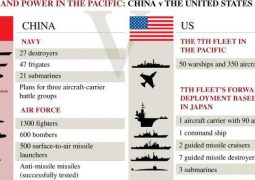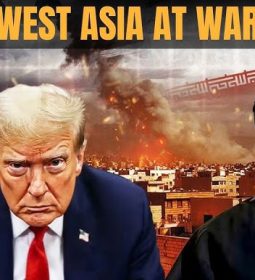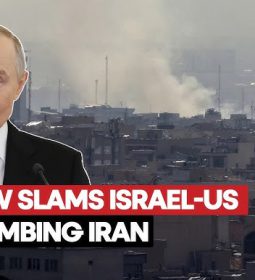China’s Self-Defeating Religious Crackdown Will Beijing double down on its religious controls or learn to ease its grip?
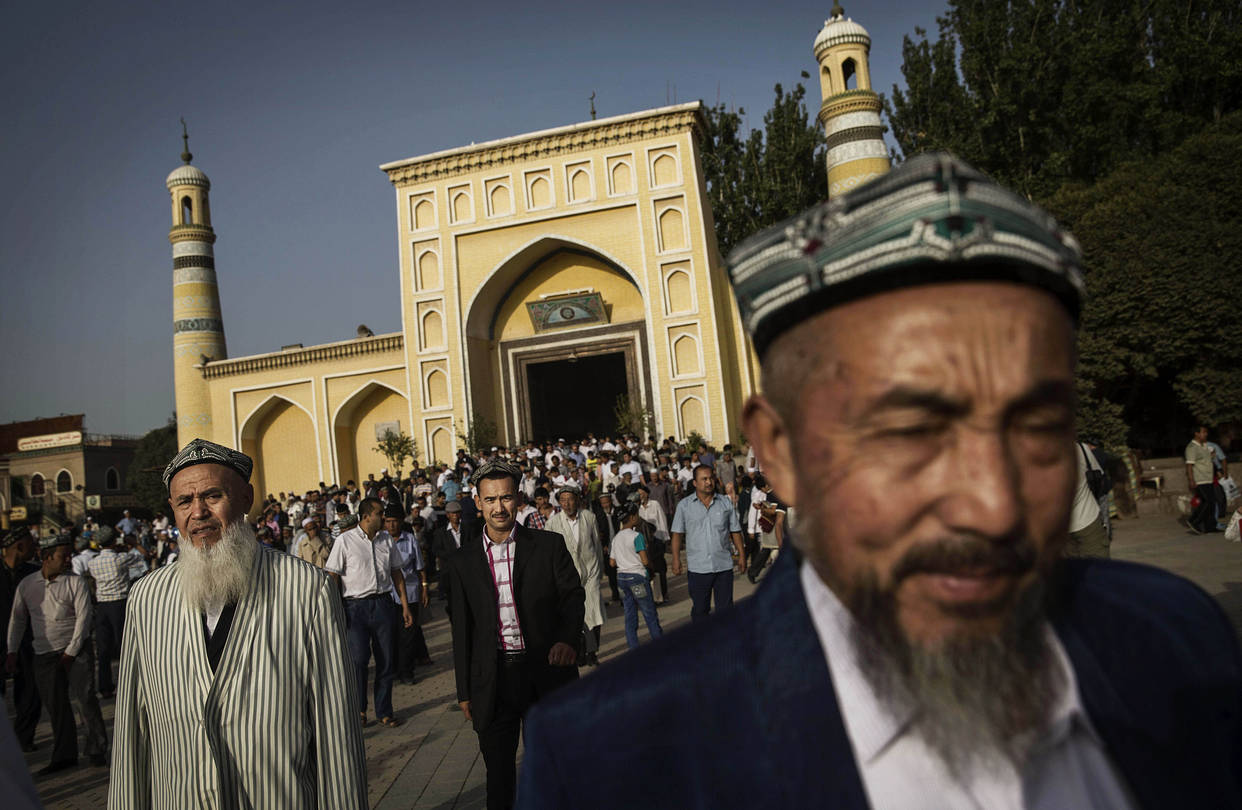
Over the past two weeks, Chinese authorities have renewed crackdowns in Xinjiang targeting both Muslim and Christian Uighurs while prosecutors in Hebei province indicted a woman for practicing Falun Gong. Next week, monasteries across the Tibetan plateau will almost certainly face lockdown as the anniversary of past protests and the Dalai Lama’s flight from Tibet approaches.
These events reflect a trend of tightening religious controls and continued persecution under President Xi Jinping. But it would be a mistake to conclude that the Communist Party’s policies have been an unmitigated success. A Freedom House study published this week finds that the party’s efforts to dominate religious life have led to serious failures, often undermining the regime’s stated goals.
Using a combination of violent and nonviolent methods, Chinese authorities have sought to curb the rapid growth of religious communities and eliminate certain beliefs and practices, while also harnessing aspects of religion that could serve the party’s political and economic interests. These include shoring up party legitimacy on the basis of Chinese culture and exploiting religious tourism as a source of revenue, encouraged by the official slogan “Build the religious stage to sing the economic opera.”
Since Nov. 2012, new legal mechanisms have codified previously informal controls. Repression of unregistered and even state-sanctioned places of worship and religious leaders have increased, with several clerics receiving long prison terms. Constraints on children’s ability to participate in religious life have multiplied.
These actions have been effective at limiting religious expression. Tibetan self-immolations have been stifled. Crosses on churches in Zhejiang province are much less visible. And fewer Uighurs are appearing in public with headscarves or long beards. More broadly, a corps of politically loyal religious leaders has been established, and a new generation is being trained at official seminaries and Buddhist academies.
Nevertheless, the party is facing considerable policy failures. First, religious groups, beliefs and practices targeted for extinguishment have survived or spread, representing a remarkable failure of the party’s repressive capacity. Many Tibetans continue to deeply revere the Dalai Lama. Christians continue to worship at underground “house churches” across the country. And 17 years after the Falun Gong spiritual group was banned, millions of Chinese still practice it, including hundreds of thousands who have reportedly disavowed denunciations they made under torture.
Second, government actions—such as intentional bottlenecks in official clergy training, intrusive bans on benign expressions of piety and unrealistic registration requirements for places of worship—appear to be backfiring, driving more believers to unofficial congregations. Rather than keeping religion’s natural expansion under political control, the party’s rigid constraints have essentially created an enormous black market, forcing many believers to operate outside the law and to view the regime as unreasonable, unjust or illegitimate.
Third, official actions are generating resentment, assertiveness and activism among populations that might previously have been apolitical. Members of nearly every group examined in the study, including leaders in “patriotic” associations, have engaged in some form of direct protest. Even Chinese Buddhist clergy, who face comparatively few restrictions, have temporarily closed the doors of their temples to thwart economic exploitation by local officials.
The impact of these dynamics reaches far beyond the realm of religious policy. Large-scale religious persecution reinforces the worst tendencies of China’s legal-security apparatus—torture, impunity, corruption and politicization of the judiciary. State violence and intrusive controls risk radicalizing believers, leading some to use violence against symbols of state authority or even civilians, as has already occurred in Xinjiang.
Such outcomes undercut the party’s stated goals regarding religious affairs, such as having harmonious relations between faiths and encouraging practice within state-sanctioned places of worship. They also undercut its broader priorities of advancing legal reform and preserving social stability.
To extricate themselves from this losing battle, Mr. Xi and other party leaders could seize on recent openings as opportunities to begin a general course correction and increase the space for religious practice.
A potential agreement with the Vatican on bishop appointments and recognition of the pope’s authority have yielded optimism among some Catholic leaders. Meanwhile, the purge of certain officials in Mr. Xi’s anticorruption campaign has indirectly improved conditions for Falun Gong practitioners in some locales. Still, these modest developments have been overshadowed by increasing persecution of Protestant Christians, Uighur and Hui Muslims, and Tibetan Buddhists.
Looking ahead, Mr. Xi and his colleagues face a daunting choice: Do they recognize their errors and loosen religious restrictions, or do they press ahead with a spiraling pattern of repression and resistance that might threaten the regime’s long-term legitimacy and stability? Their decision will be critical in determining the ultimate cost—human, financial, and cultural—of this futile campaign to control the spiritual beliefs of China’s citizens.
Ms. Cook is a senior research analyst for East Asia at Freedom House and author of its report, “The Battle for China’s Spirit: Religious Revival, Repression, and Resistance under Xi Jinping.”
- Previous The Art of U.S.-India Defense Deals
- Next Saudi King Kicks Off 12-Day Indonesia Trip Visit to Southeast Asian nation is the first by a Saudi king in nearly 50 years



